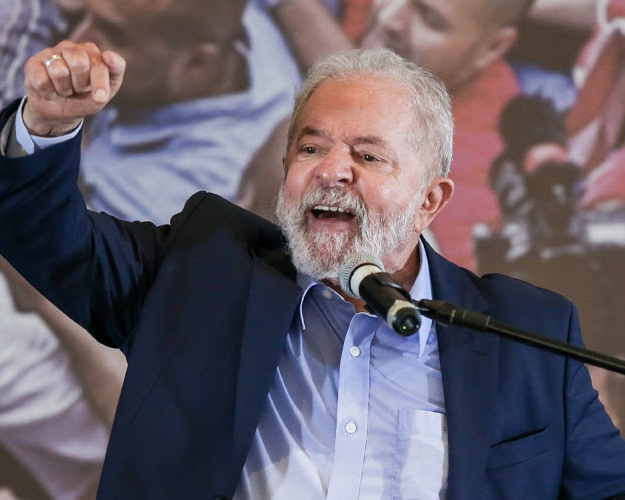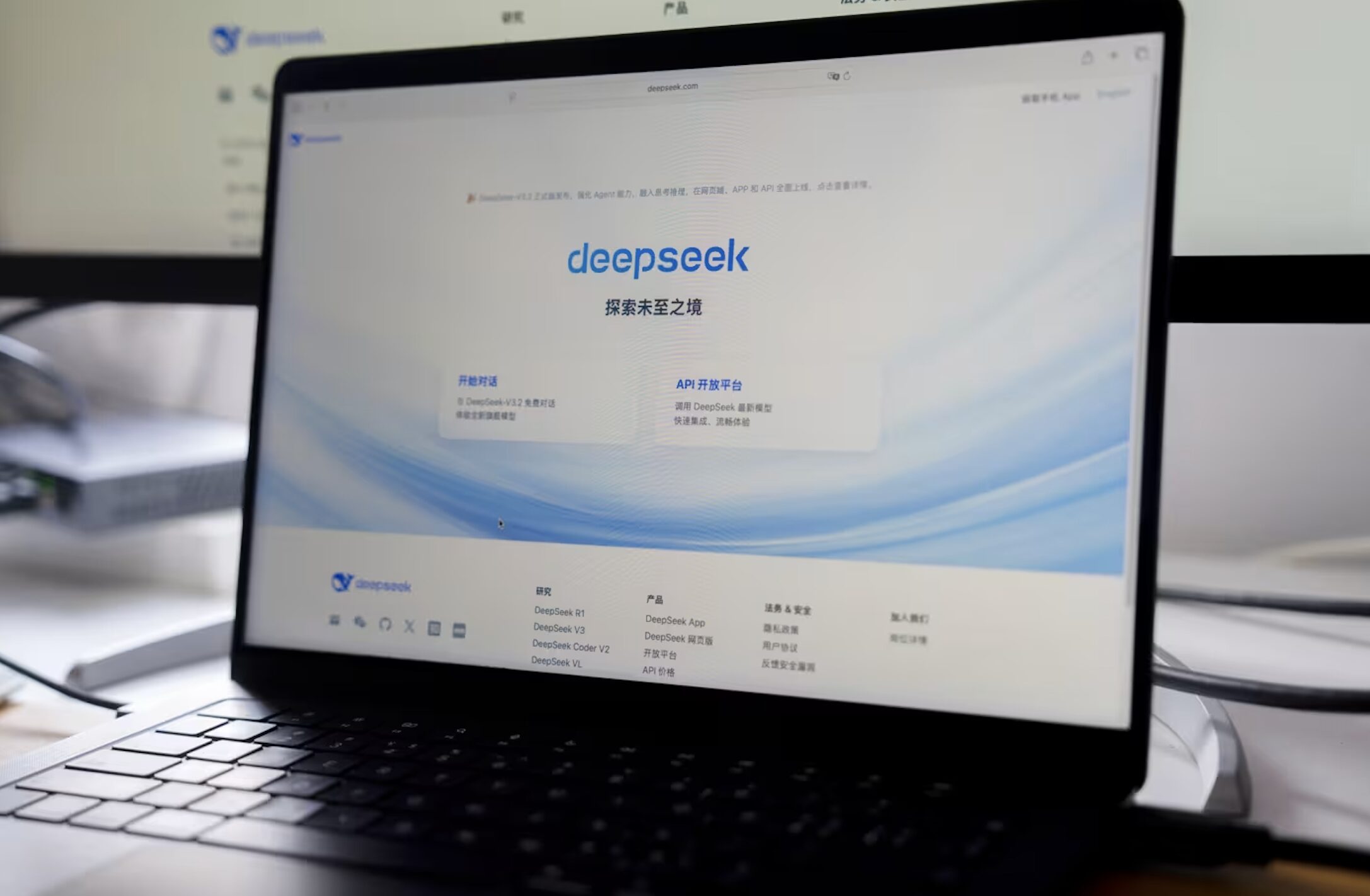But since his inauguration in 2019, Bolsonaro has faced, and at times ignited, one political firestorm after another. Candidate Bolsonaro had promised to kick-start an economy mired in recession since 2014, but economic growth remains low and unemployment high. That is partly due to the pandemic, but Bolsonaro’s disastrous handling of the biggest public health crisis of the past century has made matters far worse than they had to be. He has downplayed Covid-19’s severity, refused to support mask-wearing, and bungled the vaccine rollout.
As the pandemic took hold, Bolsonaro offered an emergency stipend that temporarily helped the country’s poorest citizens, but 55% of Brazil’s people faced food insecurity in 2020. Tens of millions still go to bed hungry.
As for the Amazon fires, rapid deforestation there accounted for one third of the destruction of the world’s tropical forests in 2019. Trump, a climate change sceptic, was willing to ignore the environmental implications of all this destruction, but the Biden administration has joined with European leaders to combine offers of financial help for Brazil with pressure on Bolsonaro to reverse course on Amazon policy.
Poorest people
Reenter Luiz Inacio Lula da Silva. The former president, widely known as Lula, a still-popular left-wing firebrand, is now out of prison and preparing to face Bolsonaro in next year’s presidential election. When that happens, the world will see a bitterly contentious fight of a new kind. In recent years, the world has grown used to seeing populist candidates square off against establishment politicians. But the contest in Brazil will feature two remarkably talented populists, one from the right and the other from the left, going head to head.
Lula represents Brazil’s poorest people, those who feel that no one else in power cares about them. His formative experience as a tough, savvy trade union leader and the popularity he earned as president by investing large amounts of public money to create opportunities for Brazil’s poorest families give him a stature and a chance to win that none of Bolsonaro’s other challengers can match. Bolsonaro is better connected to Brazil’s middle class, which is fed up with the crime and corruption during the period when the Workers Party, led first by Lula, and then by handpicked successor Dilma Rousseff, governed the country.
Though Lula presents himself as a victim of political persecution, his government was eventually caught up in the largest criminal corruption investigation in Brazil’s history. As part of the so-called Car Wash scandal, an investigation that began with charges of contracting graft at Brazil’s national oil company but expanded in multiple directions and across borders.
According to the task force that investigated Car Wash-related crimes, the investigation led to the return to the Brazilian treasury of more than $800m and the conviction of 278 people. Former presidents of Peru, Panama, and El Salvador went to prison. So did Da Silva.
Keep support
But Lula has never accepted responsibility for wrongdoing, though he owes his release from prison to a legal technicality. He insists he is the victim of political persecution. That is an excellent indicator of the kind of vitriolic campaign that Brazil can look forward to over the next 16 months.
Despite all the setbacks and failures that Brazil’s two political heavyweights have suffered, polls show that each has managed to keep the support of hardcore followers. And there aren’t enough other likely voters in Brazil for any other candidate to emerge from Brazil’s two dozen political parties to challenge either man.
Meanwhile, Covid-19 continues to ravage the country, the economy is sputtering, and social media attacks are already inflaming political tensions. It’s going to be a hot year for Brazil.
Ian Bremmer is the president of Eurasia Group as well as GZERO Media and author of Us vs Them: The Failure of Globalism.



